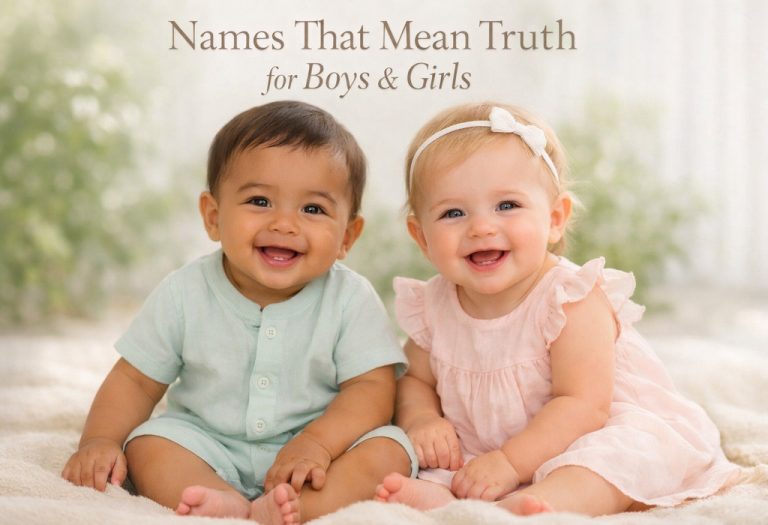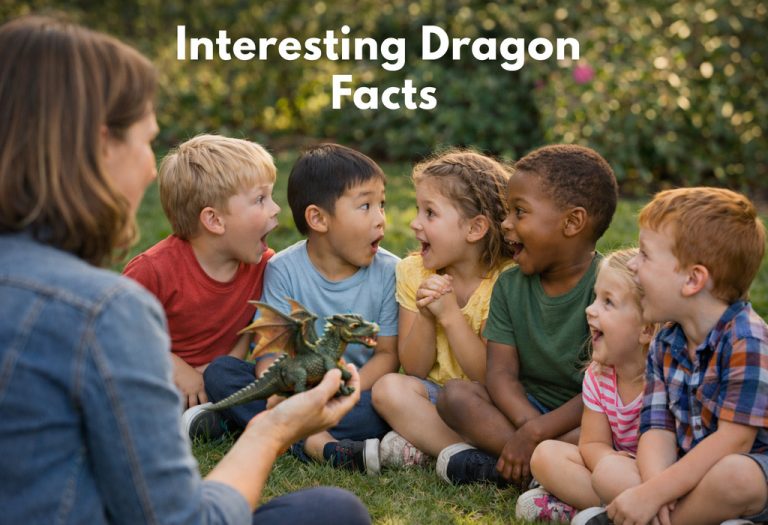Young Girls Getting First Period Earlier – Everything That Parents Must Know
Menstruation is a significant part of a girl’s life, but there is a humongous size of silence and stigma around it, and more so when girls are getting their first period early. But why are girls getting their periods so young? Is there something wrong biologically? You may ask yourself such questions if your little angel is showing signs of puberty way before the ideal age. Girls hit puberty earlier than boys, but hitting puberty at the age of 7 or 8 is increasing with time and is also causing several health consequences in girls. Before providing support to your girl who has experienced her early first period, it is crucial to ensure that YOU are well aware of the situation firsthand. This guide is for parents to understand early menarche in girls, why early-age menstruation is increasing, and what parents can do to avoid this situation, as well as what to do when their daughters hit puberty early. With this guide, you can navigate your daughter’s learning about menstruation and its various aspects in daily life without a hitch.
At What Age Most Girls Get Their First Period?
The American Academy of Pediatrics and the American College of Obstetricians and Gynecologists confirm that the average age for girls to start their period is around 12 to 13 (1) (2). In India, too, it is 12. Girls usually begin their period within two to three years of developing breast buds.
However, the earliest age for menstruation in girls is below the age of 8 or 9.
What Is Considered an Early Period in Girls?
When girls start menstruating before the age of 8 or 9, the phenomenon is called precocious puberty or premature menstruation. While the normal age of girls attaining menarche is between 10 and 15, there’s an increasing number of cases where girls are experiencing their first period as early as 6 or 7 years old. As per a study reported by the University of Cincinnati, around 10-15 per cent of girls enter puberty by 7 years of age or younger, and this could be a result of several factors.
How Common It Is?
A research paper published in the journal JAMA Network Open that studied female individuals between 1950 and 2005 found an upward trend of early menstruation in girls and longer time to regularity. This trend was more pronounced among low socioeconomic status groups as well as Asian, non-Hispanic Black, and other multiple races (3). In fact, the percentage of girls experiencing an early period rose from 8.6% to 15.5%.
Should You Be Worried?
Premature menstruation is taxing for young girls, both physically and mentally. It can have several consequences on their health and mental well-being. Starting with confusion and embarrassment, early puberty can be challenging for girls.
- Early menstruation can lead to rapid weight changes, stress, and childhood illnesses, all of which can hamper the brain functioning of the period.
- It can also lead to early skeletal maturation, resulting in shorter adult height (4).
- Mood swings become a frequent part of life.
- Young girls are unable to cope with the change in routine, stress, period pain, and hormonal fluctuations.
According to a study published in the journal JAMA Network Open, there is an irregularity in menstrual cycles among girls attaining early periods. Irregularity in menstrual cycles is associated with a higher risk of childhood obesity, miscarriage, cardiovascular diseases, metabolic disorders, and even premature mortality. Early menstruation also puts young girls at risk of developing chronic cancers, including breast cancer, ovarian cancer, and endometrial cancer (3).
It can also strain relationships and social interactions due to embarrassment and a lack of confidence in peers.
What Causes Early Periods in Young Girls?
There is no single cause that could be the lead in causing early menstruation among young girls. Let’s uncover each cause in detail.
1. Childhood Obesity
Childhood obesity is one of the risk factors that could be leading girls toward early puberty (5). Excess body fat or obesity can lead to increased estrogen production, which has the potential to trigger puberty early in childhood. Increased preference for junk food, a high-caloric diet, and lack of exercise are pushing forward to high BMI and hormonal imbalances in young girls that lead to early menstruation.
2. Genetics
It is possible for genetics to play a role in the early age period. Young girls with a family history of early puberty have a high chance of experiencing menarche early in their childhood, though it is not always guaranteed (6).
3. Chemicals
Constant exposure to chemicals like phthalates, dyes, Bisphenol A, pesticides, arsenic, and others in everyday products like personal care, cosmetics, shampoo, plastic bottles, etc., are responsible for disrupting the endocrine system, which regulates hormones. A study found a positive relationship between phenolic chemicals, like bisphenol A, Triclosan, and Benzophenone-3, and the risk of early puberty in children of all genders (7). Once there is an imbalance in the hormones, the natural course of reproductive development takes a hit and causes early puberty.
4. Chronic Stress
Yes, chronic stress may be a cause for early puberty as excess stress disrupts the hypothalamic-pituitary-adrenal axis, which leads to hormonal imbalances, which may change the natural timing of puberty.
5. Socioeconomic Status
Some studies relate puberty and socioeconomic status together, but there needs to be more clarity on the relationship.
Early Signs of the First Period
The early signs of the first period coming in children include (8):
- Breast development and tenderness
- Pubic hair growth before age 8
- White vaginal discharge
- Cramping in the lower abdominal area and bloating
Can the Early First Period Be Painful?
Usually, menstrual cramps start one to two years after the first period, but the pain may accompany the first period as well (9). According to the Cleveland Clinic, it is possible for girls to experience some pain or discomfort before or during their first period or menarche. They may notice the following symptoms (10):
- Bloating (the belly seems swollen and tight)
- Cramping (pain in the belly, back, or legs)
- Sore or tender breasts or breast buds
- Fatigue
- Mood swings
- Breakouts (acne or pimples)
If the menstrual cramps are severe and hindering your child’s daily activities, you should consult a doctor. Medications for pain relief should only be taken after the doctor’s approval.
What Can Concerned Parents Do to Avoid Their Child Getting an Early Period?
To prevent their children from having periods, parents must be vigilant of their child’s lifestyle, from eating habits to physical activities. Here are some tips for parents to follow:
- Limit your little girl’s consumption of junk food, which has plenty of added sugars, preservatives, food colourings, and other additives.
- Encourage your child to consume whole foods, including fruits and vegetables. According to a 2022 study, nutritional intake and diet during infancy and childhood are also linked to early puberty. It was found that longer breastfeeding during infancy and high yoghurt intake reduced the chances of early menstruation, while high protein intake increased the risk of earlier menarche (11).
- Adequate sleep is also essential in keeping hormonal activity and obesity in check (5). A 2020 study found a link between less sleep duration and later bedtimes to early pubertal development (12).
- Encourage good posture and regular exercise to stay fit and prevent any infections.
How Can Parents Support the Child Who Experience Early Period?
If your little girl has experienced early menarche, you can support her and guide her through this experience by leading the way.
1. Communicate
Talking to your girl child about early menstruation and teaching them about various aspects of it is extremely important. Talk to them in a gentle manner, as they might be very sensitive and confused.
2. Emotional Reach
Counselling and therapies are sought-after options for providing emotional support. Girls may go through several mood swings and irritation during the early years of menstruation. Make sure your daughter knows whom to reach out to (you) if she has any questions related to her personal health and hygiene and has access to trusted resources for genuine information (13).
3. Health Checkup
As per an expert-invited commentary on JAMA Network Open, menarche (a person’s first period) and menstrual cycle regularity have a great deal of influence on determining the overall health of the individual (14). Make sure to take your child for regular health checkups, as girls experiencing early periods are at risk of developing several general health and endocrine issues. Consult a doctor if your child is not feeling good before, during, or after her period.
4. Healthy Lifestyle
A healthy diet and sufficient physical activity are very important for achieving a healthy lifestyle. Make sure your child’s weight is on an appropriate scale to avoid issues related to early menarche.
5. Pain Relief
Provide them with period essentials like sanitary pads, tampons, and panty liners. You can also purchase a heating pad to soothe abdominal cramps.
FAQs
1. How long does a period last?
Your first period may last only a few days, with the first few periods being very light. The normal duration of periods in the beginning is anywhere from 2 to 7 days (2). If the period lasts more than 7 days, then you must reach out to your doctor. Some girls may have bright red blood on their first period, while some may have spotting with reddish brown blood―both are normal.
2. How often will girls get their periods in the beginning?
Periods can vary widely among girls. In the first few years of menarche, girls may have once-a-month periods or irregular periods due to rapid physiological changes in the body. A normal menstrual cycle can be as short as 21 days and as long as 35, basically within the range of 21 to 35 days, so even girls with regular menstrual cycles might not menstruate every single month due to the gap (1).
3. What period products should you buy for your child?
Pads, panty liners, and period underwear are good for the beginning. You can educate your child on several other period products so they can choose according to their comfort and liking. Tampons, menstrual cups, panty liners, and cloth pads are other sanitary period products.
4. What menstrual topics should I talk about with my daughter?
You can talk about the biology of menstruation, why it happens, how irregular periods can be in the first few years, period products to use, period cramps, hygiene related to menstruation, doctor-approved suggestions for alleviating the pain, activities she can indulge in while on her periods, and more (15).
Parents and caregivers have to be highly vigilant of their child’s lifestyle. If you notice untimely changes in your little daughter’s physique, like breast development or pubic hair growth, before the age of 8, you should consult a doctor immediately. Periods are no longer taboo; in fact, they indicate the onset of womanhood. So, make sure to treat it as another important milestone in your girl’s life than a health stigma.
References/Resources:
1. Physical Development in Girls: What to Expect During Puberty; American Academy of Pediatrics; https://www.healthychildren.org/English/ages-stages/gradeschool/puberty/Pages/Physical-Development-Girls-What-to-Expect.aspx
2. Your First Period; ACOG; https://www.acog.org/womens-health/faqs/your-first-period
3. Wang. Z, Asokan. G, et al.; Menarche and Time to Cycle Regularity Among Individuals Born Between 1950 and 2005 in the US; JAMA Network Open; https://jamanetwork.com/journals/jamanetworkopen/fullarticle/2819141; May 2024
4. Limony Y, Kozieł S, Friger M. Age of onset of a normally timed pubertal growth spurt affects the final height of children. Pediatr Res.; PubMed; https://pubmed.ncbi.nlm.nih.gov/26020145/; May 2015
5. Tang J, Yu T, Jiang Y, Xue P, Kong H, Lin C, Liu S, Tian Y. The association between sleep and early pubertal development in Chinese children: a school population-based cross-sectional study. Front Endocrinol (Lausanne).; Pubmed Central; https://www.ncbi.nlm.nih.gov/pmc/articles/PMC10704028/; November 2023
6. Mancini A, Magnotto JC, Abreu AP. Genetics of pubertal timing. Best Pract Res Clin Endocrinol Metab.; PubMed; https://pubmed.ncbi.nlm.nih.gov/35183440/; January 2022
7. Bigambo FM, Sun H, Yan W, Wu D, Xia Y, Wang X, Wang X. Association between phenols exposure and earlier puberty in children: A systematic review and meta-analysis. Environ Res.; PubMed; https://pubmed.ncbi.nlm.nih.gov/32805251/; November 2020
8. Your First Period; OB-GYN University of Colorado; https://obgyn.coloradowomenshealth.com/health-info/teens/first-period
9. Menstrual Cramps; American Academy of Pediatrics; https://www.healthychildren.org/English/tips-tools/symptom-checker/Pages/symptomviewer.aspx?symptom=Menstrual+Cramps
10. Menarche; Cleveland Clinic; https://my.clevelandclinic.org/health/diseases/24139-menarche
11. Tang J, Xue P, Huang X, Lin C, Liu S. Diet and Nutrients Intakes during Infancy and Childhood in Relation to Early Puberty: A Systematic Review and Meta-Analysis. Nutrients.; PubMed; https://pubmed.ncbi.nlm.nih.gov/36501034/; November 2022
12. Diao H, Wang H, Yang L, Li T. The association between sleep duration, bedtimes, and early pubertal timing among Chinese adolescents: a cross-sectional study. Environ Health Prev Med.; PubMed; https://pubmed.ncbi.nlm.nih.gov/32560630/; June 2020
13. Physical Development in Girls: What to Expect During Puberty; American Academy of Pediatrics; https://www.healthychildren.org/English/ages-stages/gradeschool/puberty/Pages/Physical-Development-Girls-What-to-Expect.aspx
14. Houghton. L. C; Menstruation as the Next Vital Sign; JAMA Network Open; https://jamanetwork.com/journals/jamanetworkopen/fullarticle/2819142; May 2024
15. Concerns Girls Have About Puberty; American Academy of Pediatrics; https://www.healthychildren.org/English/ages-stages/gradeschool/puberty/Pages/Concerns-Girls-Have-About-Puberty.aspx
Also Read:
Best Foods to Eat During Periods
Foods That Relieve Period Cramps
What Your Period Says About You – Warning Signs
Was This Article Helpful?
Parenting is a huge responsibility, for you as a caregiver, but also for us as a parenting content platform. We understand that and take our responsibility of creating credible content seriously. FirstCry Parenting articles are written and published only after extensive research using factually sound references to deliver quality content that is accurate, validated by experts, and completely reliable. To understand how we go about creating content that is credible, read our editorial policy here.





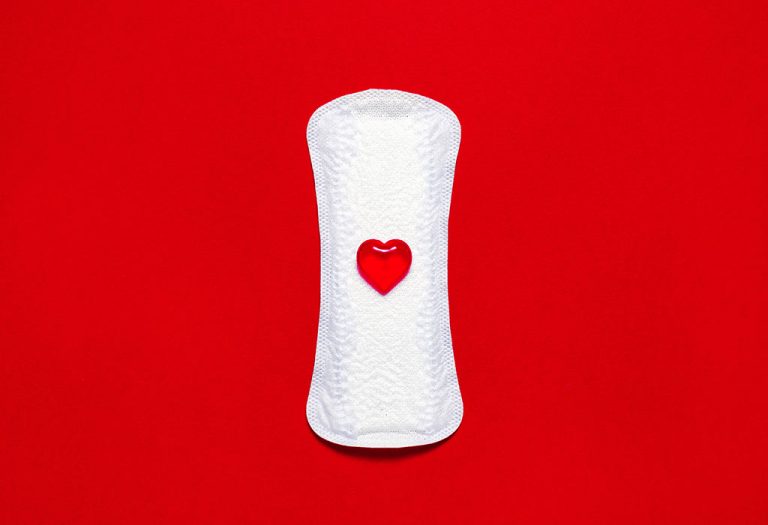
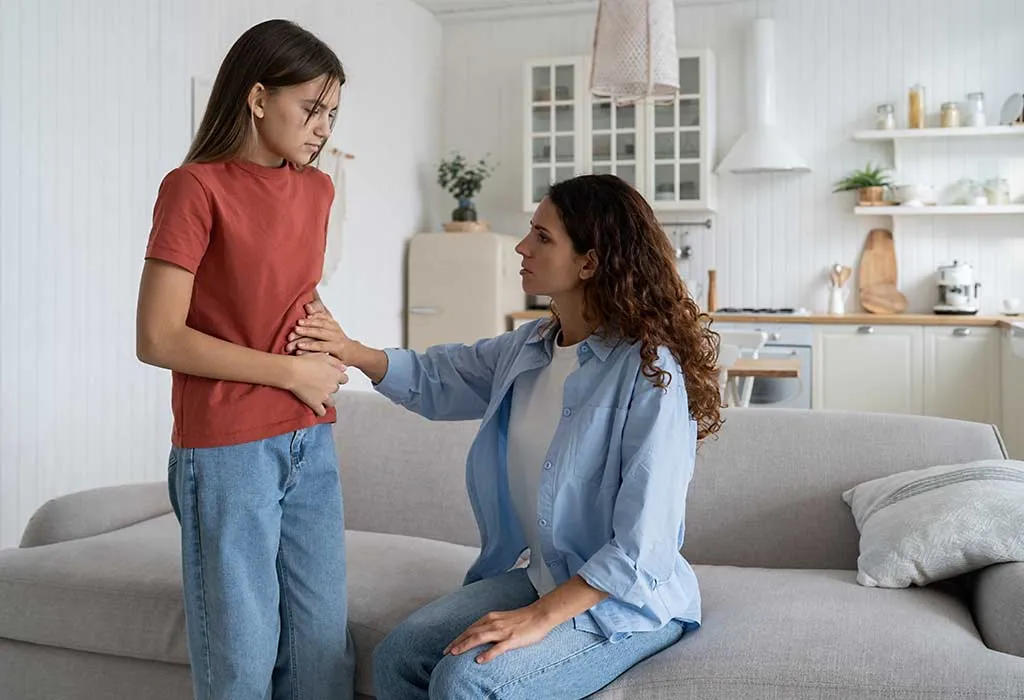
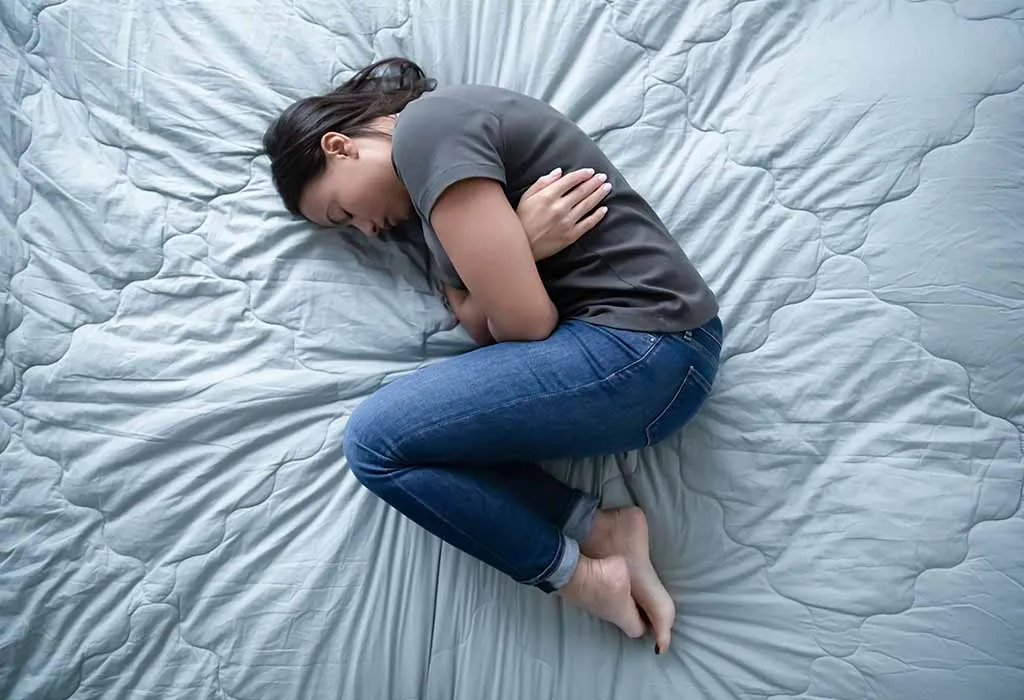
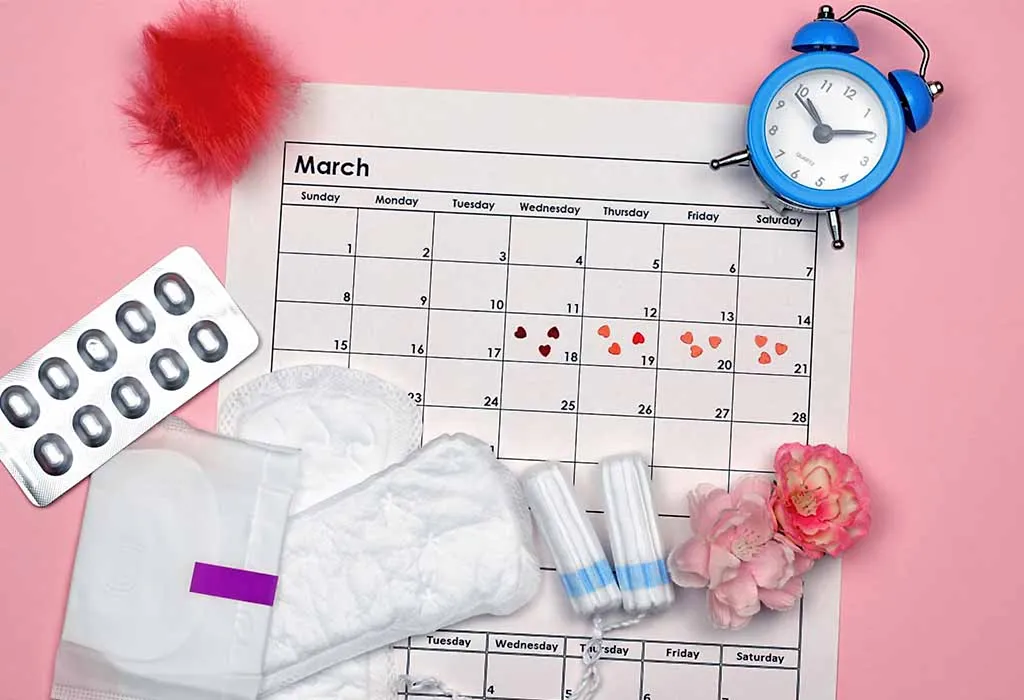


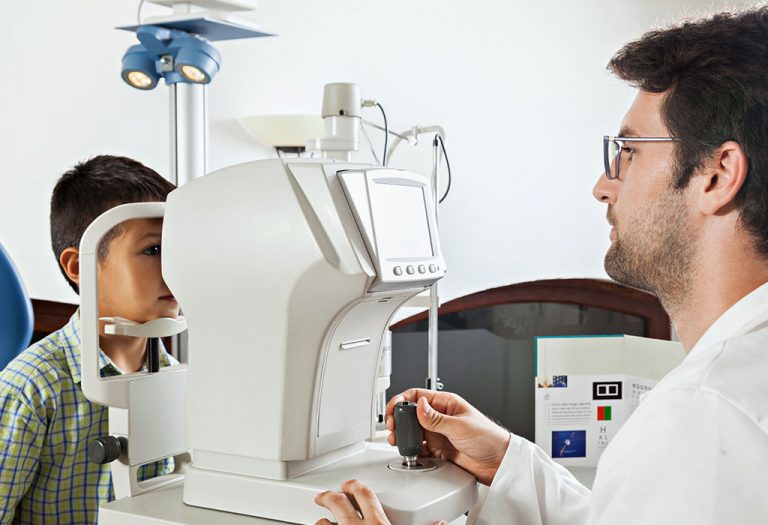
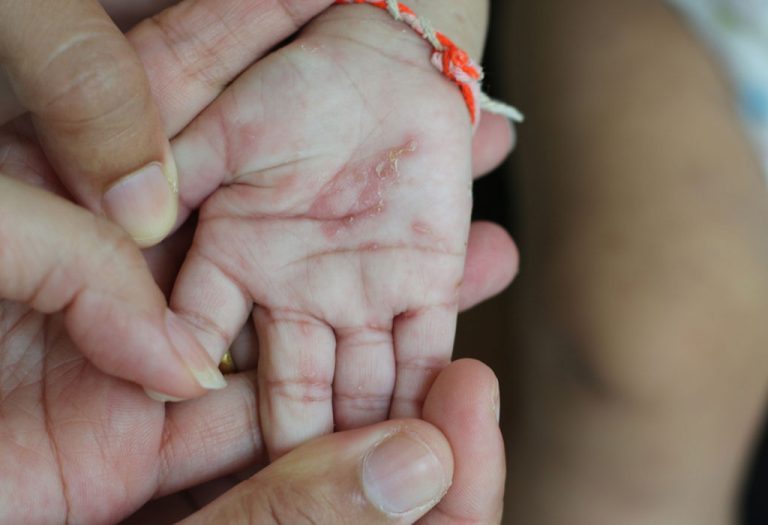
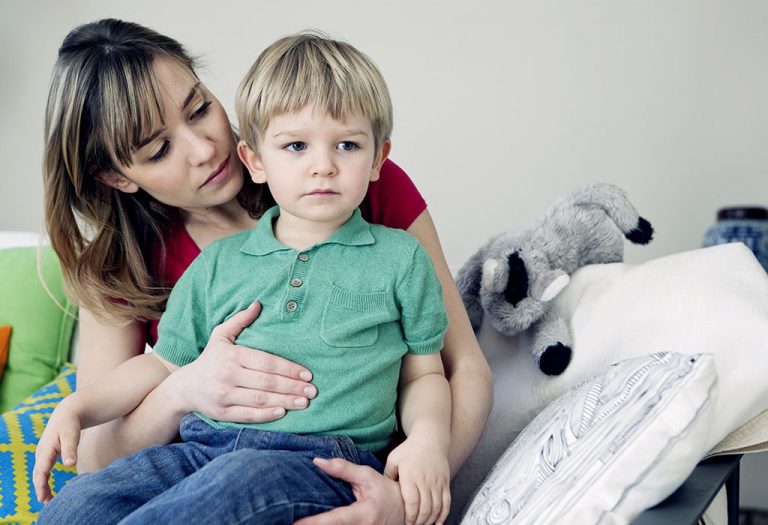
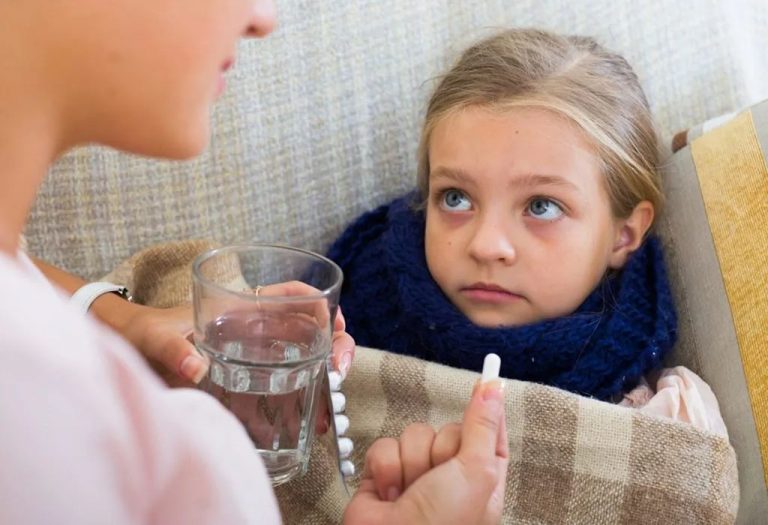

.svg)







